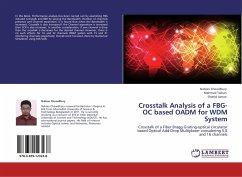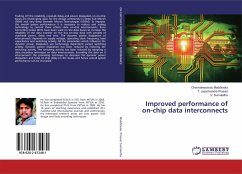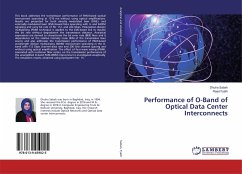Crosstalk analysis in VLSI interconnects is usually analyzed by finite difference time domain (FDTD) method. However, the stability of FDTD is limited by Courant Friedrichs-Lewy (CFL) stability criteria. In this book, we proposed an innovative FDTD algorithm to overcome the stability limitations due to CFL criteria and make the analysis absolutely stable for all times. Using the proposed FDTD method, we analyze the response of coupled interconnects for symmetric and asymmetric inputs with both in-phase and out-phase switching. Further we analyzed the functional switching and determine the way to reduce noise peaks due to crosstalk. For all responses, we compared our new algorithm with HSPICE results and noticed that much enhance in accuracy and CPU run time compare to conventional FDTD. Finally, the relative and absolute stability analysis of proposed FDTD is done using Nyquist criteria and RH criteria.
Bitte wählen Sie Ihr Anliegen aus.
Rechnungen
Retourenschein anfordern
Bestellstatus
Storno








